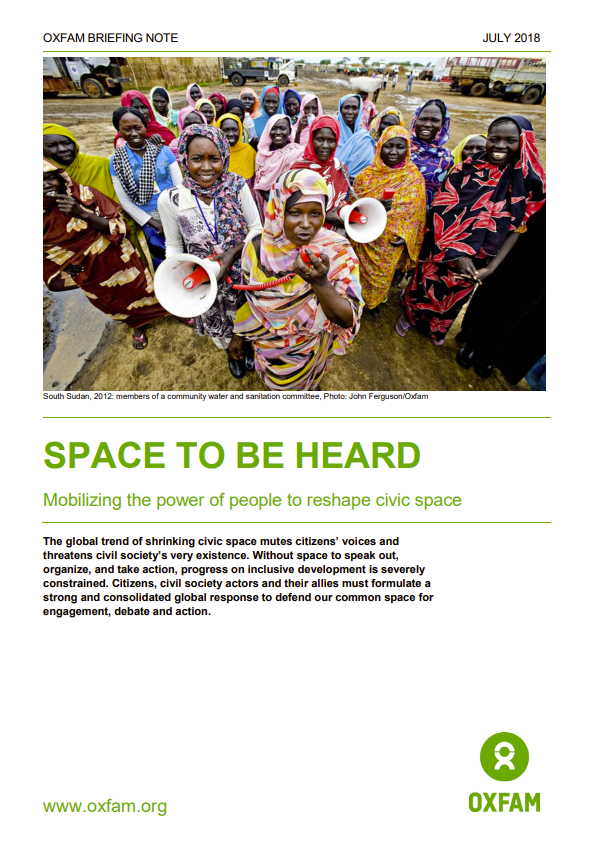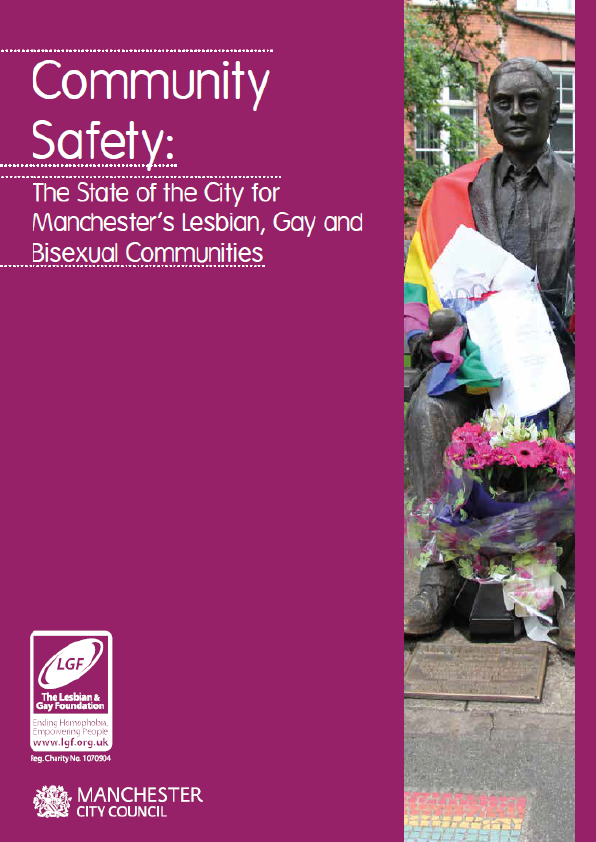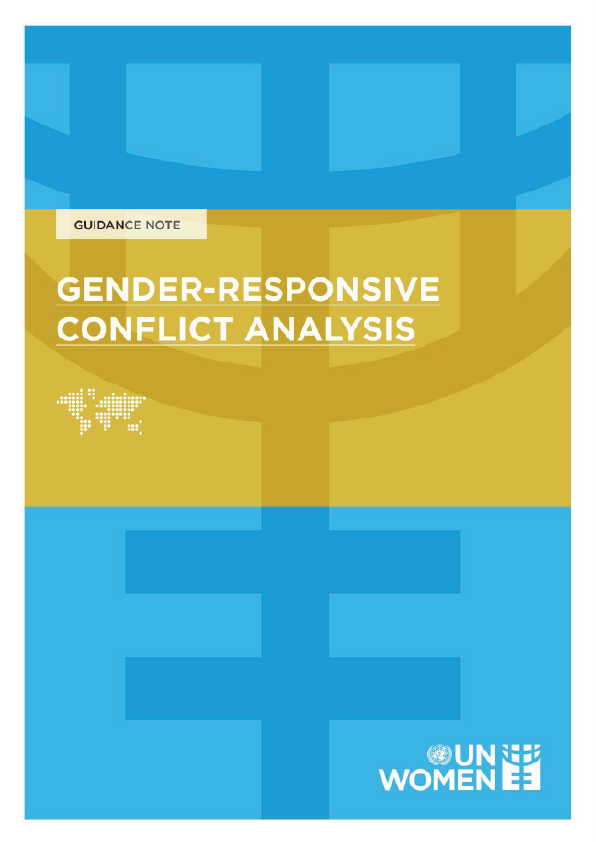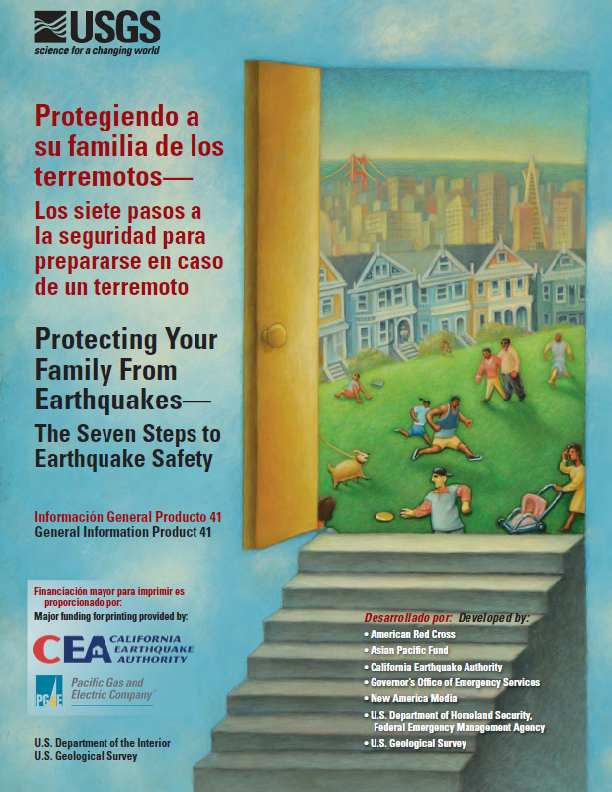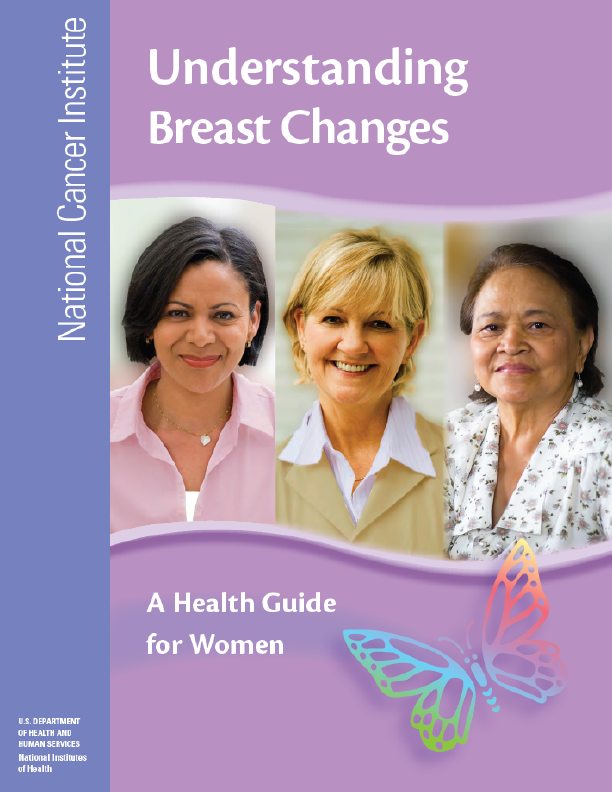Civic space is created by a set of universally-accepted rules, which allow people to organize, participate and communicate with each other freely and without hindrance, and in doing so, influence the political and social structures around them. It is a concept central to any open and democratic society and means that states have a duty to protect people while respecting and facilitating the fundamental rights to associate, assemble peacefully and express views and opinions. The global trend of shrinking civic space mutes citizens’ voices and threatens civil society’s very existence. Without space to speak out, organize, and take action, progress on inclusive development is severely constrained. Citizens, civil society actors, and their allies must formulate a strong and consolidated global response to defend our common space for engagement, debate, and action.
The space for people to speak out, organize and take action against poverty, inequality, and injustice is shrinking on a global scale. People in many countries around the world face serious restrictions and repression when exercising their basic rights. This includes citizens who raise their voices against corruption and political dysfunction, organizations that save lives and provide basic services to people in need, communities that defend their sustainable livelihoods and demand a fair share of natural resources, and activists who fight for gender justice.
The trend of shifting and shrinking civic space evolves differently in each country. Shrinking space can be driven by those who see their power and privilege threatened by civil society. It can be driven by those who attack the values that are fundamental for inclusive civic spaces, and by those who prioritize other interests over their professed concerns for civic space in international relations. Civic space is urgently needed by people to express and act on their interests and ideas; navigate tensions and differences and find commonalities. Civic space must be a vital ingredient for any strategy to protect national security, foster development, or preserve social harmony. Yet many leaders misuse these objectives as a pretext to restrict rather than expand civic space. In many contexts, weak accountability structures and a changed development discourse negatively affect the ability of civil society to effectively defend civic space.
Yet there are also many initiatives around the world that have proven the power of people, activists, civil society actors, and their allies to resist the trend of shrinking civic space and to take advantage of shifts in civic space. Civic space can be protected, or even expanded if citizens mobilize to defend their basic freedoms; if resilient and diverse civil society actors work together in strong alliances; if policymakers demonstrate the political will to provide legal and political spaces; if global institutions uphold norms and accountability on civic space and if businesses respect and defend civic freedoms. It should be the highest priority for civil society and its allies to concentrate and combine individual efforts towards a consolidated global response to defend our common space for engagement, debate, and action.
